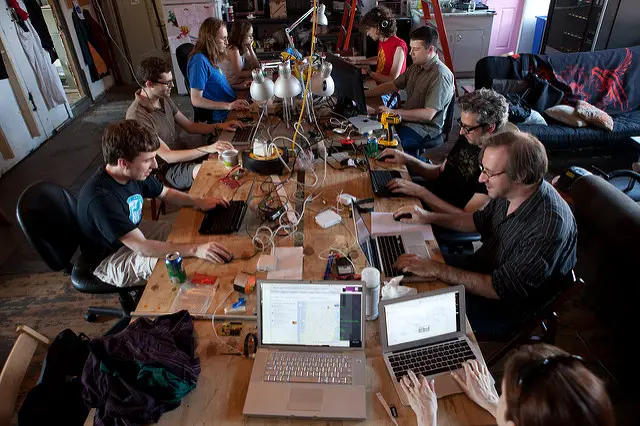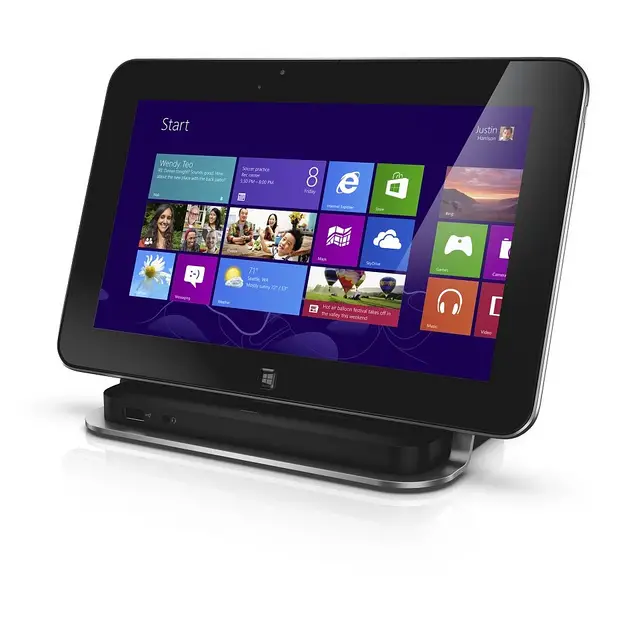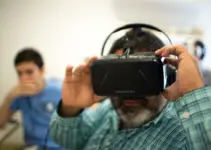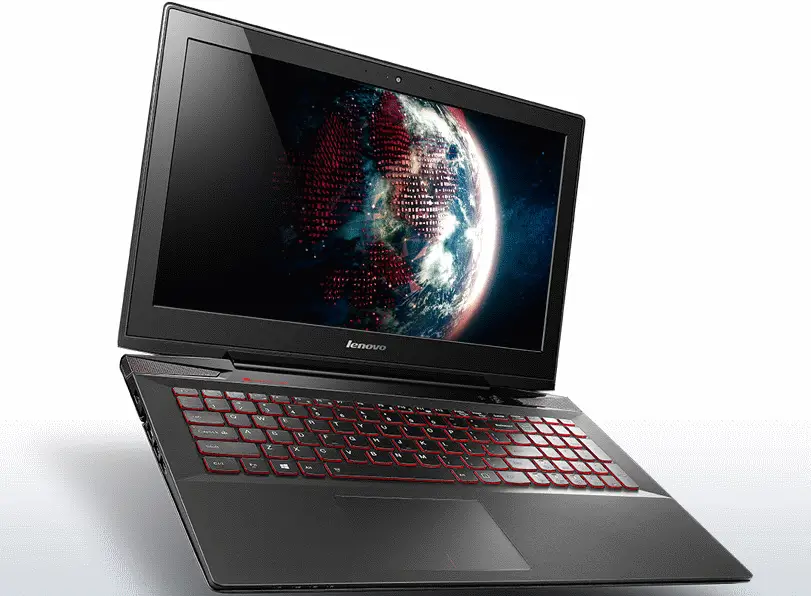The gaming market follows a few key rules over time. Things get more powerful, things get cheaper, and things get smaller.
But what is the logical endpoint of this system? Can we expect some sort of eventual natural resting point on a level of processing power which works for the majority of us? What would this mean for gaming systems? In the future can we expect some sort of hybrid between a desktop and mobile gaming, where we use a PC as a detachable base unit as seen in devices like the Nintendo Switch?
Some futurists predict exactly that, and as this is a topic that interests us, we’re taking a look at what we think might be possible in the future, and what could become common.
Based on What?
Many of us use laptops for school or business but we don’t usually rely on these devices as our main gaming platform due to their cost and reduced specs.
A laptop with specs comparable to a desktop will be more expensive and usually less powerful, and being able to find a reliable outside connection for online services is still not as easy as connecting to your home LAN.
That said, these issues are becoming far less prevalent than they were in the past. Laptops are cheaper and more powerful than ever before. This means more bang for our buck, and greater access to modern games.
In 2018, even integrated graphics can make some full cards of old look hilariously outdated.
Is a Mobile Desktop Like a Laptop?
Not exactly. Think of it in this way – while laptops are fantastic devices, they have limitations which affect their adoption as gaming devices.
Difficulty to upgrade hardware, smaller screens, cramped keyboards, and inhibited performance are chief among them.
Now, consider that docking stations are readily available for laptop and mobile devices. We already know that computers are effectively a necessary part of modern business and entertainment, and thus screens, keyboards, and all other device connections tend to be available in most places. Combine this with the greater connectivity, especially due to the modern ease of wireless connections, and we are left with the general idea of improved docking over all devices, resulting in a “mobile desktop” experience.
Mobility and connectivity
Improved mobility capabilities come with a price, limitation on connectivity. Getting mobile with your device exposes you to a realm of limited connection gateways and security threats. Those have a major impact on your mobile experience.
Locked connections and security issues are becoming easier to tackle because of improved security and services like VPNs, which help hide and circumvent some unnecessary limitations. For those unaware – public places which offer Wi-Fi often limit which websites and services can be used in order to both protect users and save on bandwidth abuse, a process which is becoming increasingly popular even for work and personal internet connections.
The issue here is that some networks are often a lot more cautious than they need to be, constantly blocking out websites which are both not a drain and not a threat. VPNs act as a sort of tunnel beneath these locks, allowing for a much wider range of freedom. VPNs are getting more sophisticated by the day, as you can read in this Windscribe VPN review, and their tech only promises to improve in the future, like that of the laptops themselves.
Our thinking here is that this would massively enable the type of community play that we used to enjoy so much, and in a way vastly superior to the olden days of lugging massive CRTs or dealing with a mess of tangled cables.
The Return of the King
Remember LAN parties? We still have them, of course, but their prevalence has dropped significantly in the internet age. Mobile desktop systems could bring back this favorite – and in a much more convenient way. You undock your computer from your own system, grab it by the handle, and walk it over to the venue. You have a few drinks, and rock something modern or classic.
This would also keep the tradition of case modding firmly intact, and opens up new possibilities we can only imagine. Given that we already have an enormous marketplace for smaller form-factor computers it is very possible that, with some minor tweaks and work, much of what we have talked about could already be easily achieved.

Setting up ioquake3 at the NYCR Lan Party. NYCR Lan party” (CC BY-SA 2.0) by hudson
What do you Think?
Are we just hankering for days long past, or is this something which you could really see coming in? In many cases, especially for classic games, this could easily become possible with tablets or even phones acting in the same capacities, having more than enough power to dominate games through the early 2000s.
Of course, we still love the modern convenience of online gaming, but to us, nothing quite compares to pulling out a clutch win in a room of people equally as psyched and engaged as we are.





